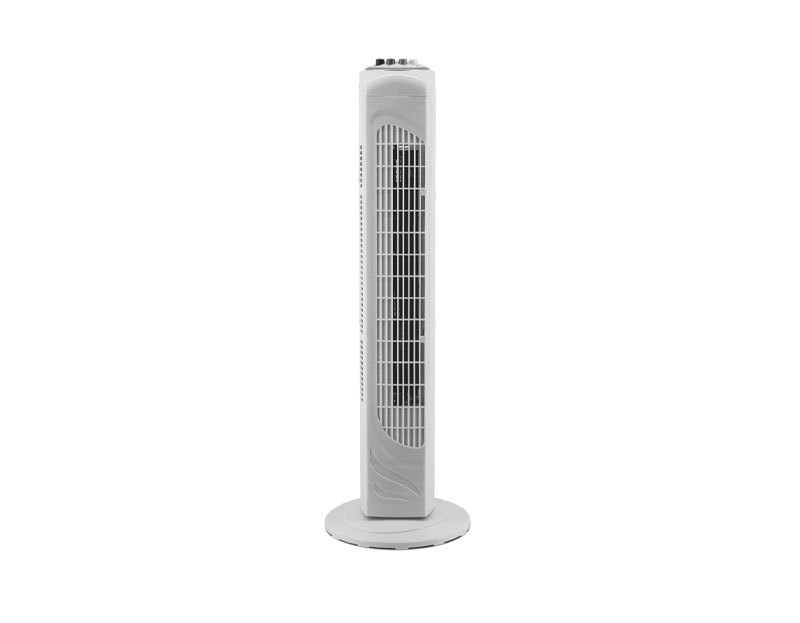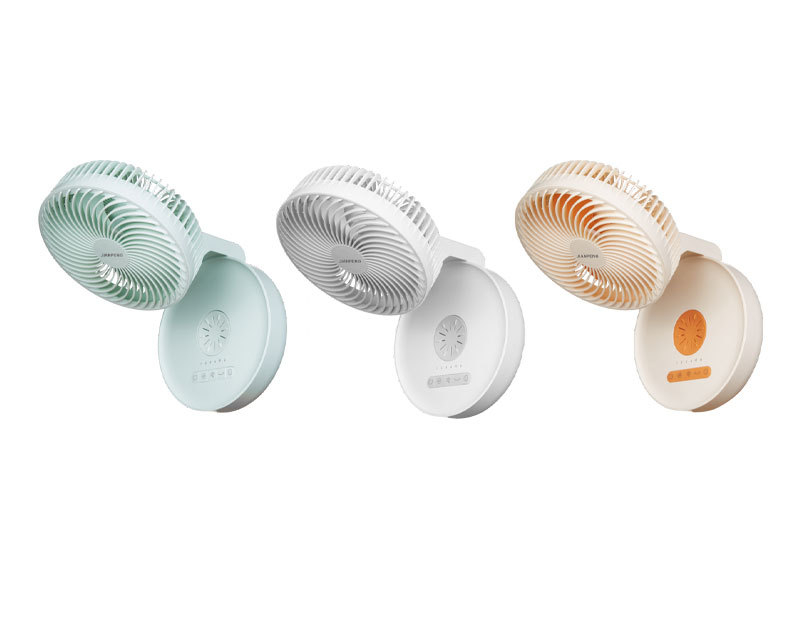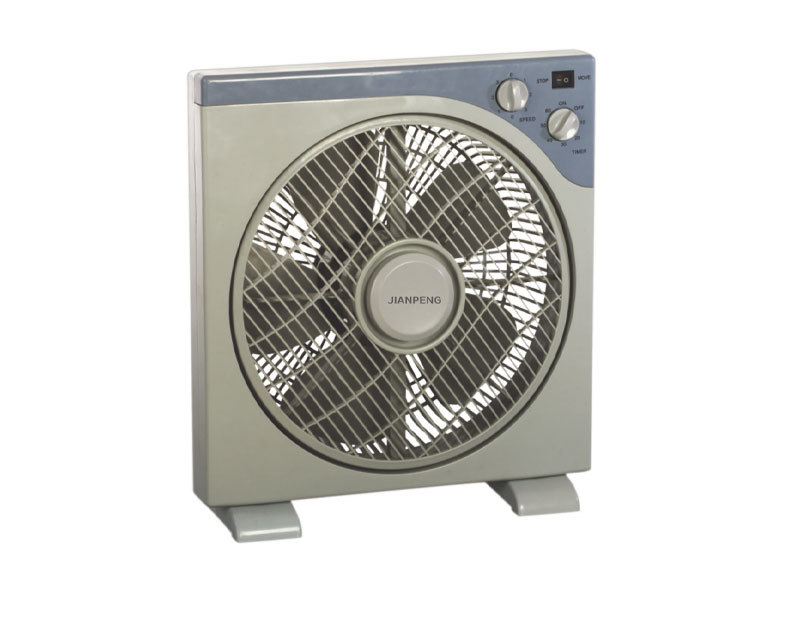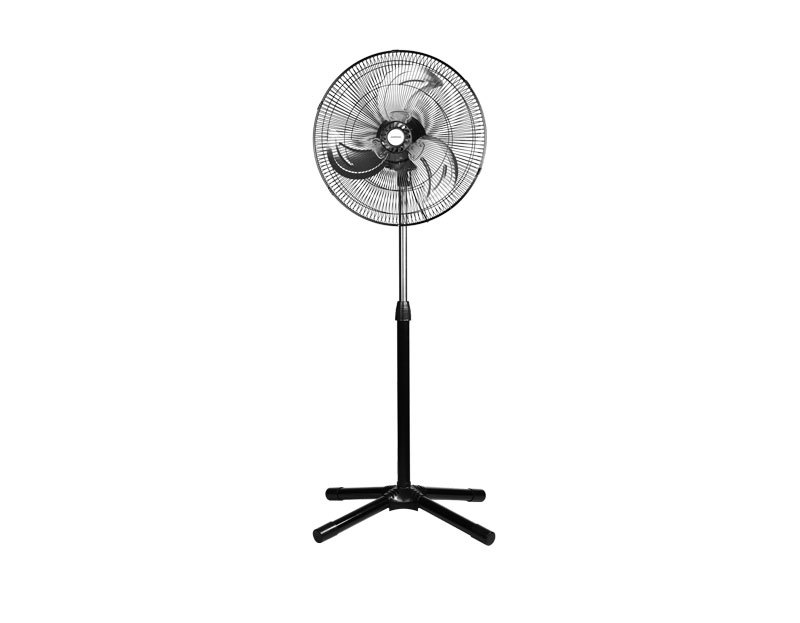News Center
2022-08-26
What is soft water? Why soften?
As we all know, common water contains a variety of soluble compounds, and the solubility of some substances has obvious changes with the change of temperature. Among them, the solubility of calcium carbonate and magnesium carbonate decreases with the increase of temperature. When the temperature rises, calcium carbonate and magnesium carbonate originally dissolved in water will precipitate out to form precipitates, which may be flocculent, powder, or deposited on the surface of containers and pipelines to form scale.
The index used to measure the total amount of calcium and magnesium ions is hardness. In general, the hardness of water is mainly composed of calcium (Ca2+) and magnesium (Mg2+) ions. The specific index is the value of similar ions converted into calcium carbonate to time. Traditional units are mgN/L(mg equivalent per liter), German degree, American system (British system), etc.
Why soften?
Due to scale deposition on people's lives and the production has obvious effect, so the production water and domestic water all have certain request for hardness index, especially if in the boiler water contains salt, hardness will generate the scale on the boiler heating surface, thus reducing the boiler thermal efficiency, fuel consumption increase, even caused by local overheating and damage of components, metal surface explosion. For this reason, water should be softened for the low-pressure boiler; For medium and high pressure boilers, water should be softened and desalted.
The use of softening water in daily life can make clothes not easy to fade, stiff, long-term use of softening water bath can make the skin become smooth, thus achieving the effect of beauty.
What are the commonly used softening methods?
There are many ways to soften hard water and avoid the deposition of scale.
1) ion exchange method: a specific cation exchange resin is used to replace calcium and magnesium ions in water with sodium ions. Since the solubility of sodium salt is very high, the formation of scale caused by temperature rise is avoided. This method is by far the most common standard. The main advantages are: stable and accurate effect, mature technology. The hardness can be reduced to 0. Water softeners that employ this method are commonly referred to as "ion exchangers".
Household water softener: where should be installed after all more appropriate
Installation conditions and precautions of water softener:
1. Determine the waterway scheme according to the demand
2. Design the circuit and power socket (if manual, do not use power)
3. The specific location (usually considered in the cabinet, specific also need to negotiate with the cabinet designer)
4. Connect the sewer (discharge of sewage and overflow water after backwashing usually requires two pipes)
In view of the installation conditions in both matters needing attention, the general installation location of water softener is recommended to consider the kitchen or toilet and underground equipment, which is described as follows:
Toilet installation:
Housing toilet area is general lesser, the space that can use after the foundation is decorated is very small already, the soft water machine volume of an organic whole on the market is bigger, so toilet still considers installation fission soft water machine is better, if can be installed inside birdbound ark, it is more ideal. Otherwise bare machine installation became a must choose, also can consider to hang on the wall (some not beautiful).
Related News
Contact Information
 sales01@gdjianpeng.com
sales01@gdjianpeng.com
 86-0757-26323793
86-0757-26323793
 http://www.gdjianpeng.com/
http://www.gdjianpeng.com/
 No.19 shuikou Cang, Chongyuan Industrial Zone, Xincun, Beijiao Town, Shunde District, Foshan city, Guangdong Province
No.19 shuikou Cang, Chongyuan Industrial Zone, Xincun, Beijiao Town, Shunde District, Foshan city, Guangdong Province
Copyright © 2022 Foshan Shunde Jianpeng Industrial Co., LTD.
Powered by:300.cn Shunde SEO

 Language
Language 










 18923212913
18923212913  sales01@gdjianpeng.com
sales01@gdjianpeng.com  18923212913
18923212913  Message
Message 